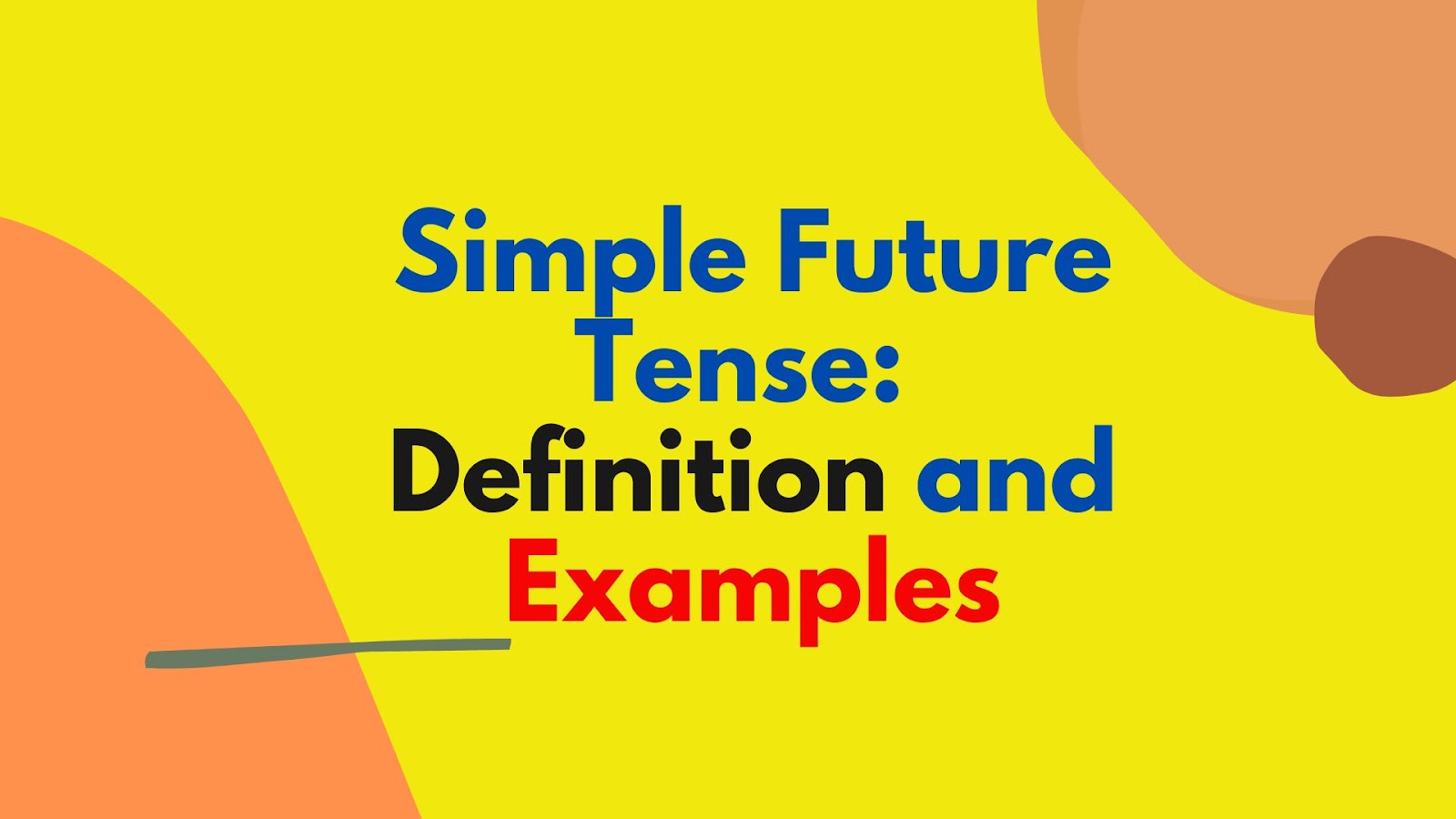The simple future tense is used to talk about actions or events that will happen in the future. It is formed by adding the modal verb "will" before the base form of the verb.
For example:
I will go to the school.
I will travel tomorrow.
I will call you tonight.
Uses of the Simple Future Tense:
|
Predictions |
|
We use the
simple future tense to make predictions about the future.
For example:
It will rain
tonight.
|
|
Intentions |
|
We use the
simple future tense to talk about our intentions or plans for the future.
For example:
I will start a
new job next week.
|
|
Assumptions and
guesses |
|
We use the
simple future tense to make assumptions or guesses about the future.
For example:
I think she will arrive on time.
|
How to form the Simple Future Tense:
To form the simple future tense, we follow this rule:
Subject + will + base form of the verb.
Subject + will + not + base form of the verb.
Will + Subject + base form of the verb + ?.
For example:
Positive sentence:
I will call you tomorrow.
I will learn a new language.
Negative sentence:
I will not call you tomorrow.
I will not learn a new language.
Interrogative sentence:
Will I call you tomorrow ?
Will I learn a new language?

